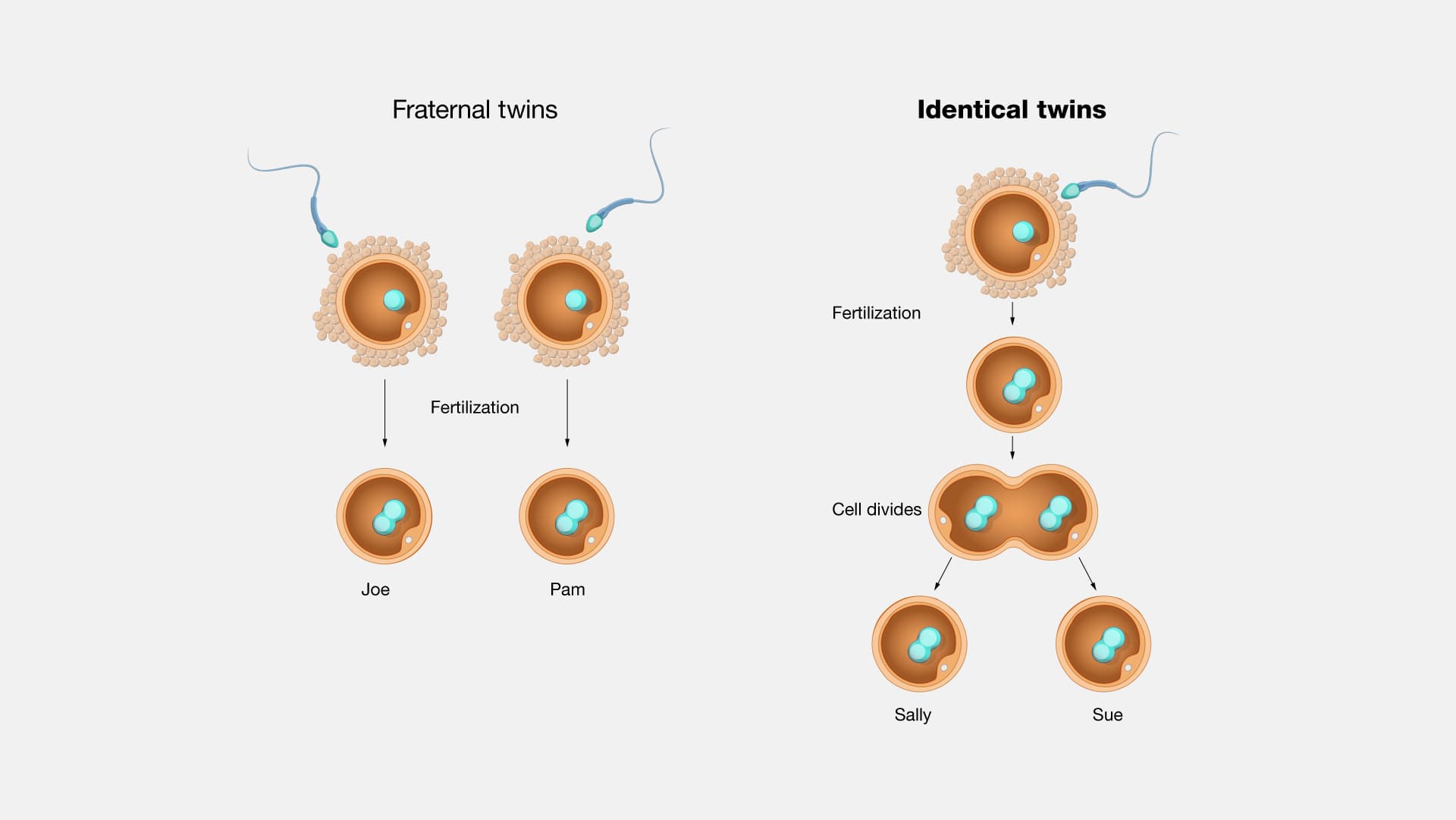21,792 Identical Twins Study Links Specific Genes to Environmental Sensitivity in Behavioral Traits

A groundbreaking study involving 21,792 identical twins has revealed significant insights into how genetic factors influence an individual's sensitivity to environmental experiences, impacting a range of behavioral and neurodevelopmental traits. Published in Nature Human Behaviour in June 2025, the research challenges traditional views on behavioral development by pinpointing specific genetic variants that modulate how individuals react to their surroundings. The findings underscore the complex interplay between nature and nurture in shaping human nature.
The study, a collaborative effort by researchers from King's College London, University College London, Queen Mary University of London, and 23 other universities globally, represents the largest genome-wide association study (GWAS) of identical twins to date. By analyzing differences within genetically identical pairs, scientists could isolate the environmental influences and identify genetic factors that make some individuals more or less susceptible to their life experiences. This approach offers a robust method for understanding environmental sensitivity.
Key findings indicate that genetic factors are linked to varying sensitivities in conditions such as ADHD symptoms, autistic traits, anxiety, depression, psychotic-like experiences, and neuroticism. For instance, genes related to stress reactivity were associated with variations in depression symptoms, while growth factor-related genes showed links to autistic traits. Genes influencing catecholamine uptake were connected to psychotic-like experiences, highlighting specific biological pathways.
This extensive research builds upon decades of twin studies, which have long been instrumental in the "nature versus nurture" debate. Early work, such as the Minnesota Study of Twins Reared Apart, famously demonstrated that identical twins separated at birth often exhibited striking similarities in personality and IQ, suggesting a strong genetic component to these traits. The new study further refines this understanding by showing how genes can dictate the degree to which environment impacts an individual.
Professor Thalia Eley, a joint senior author from King’s IoPPN, emphasized that these findings confirm genes influence psychiatric and neurodevelopmental traits partly by affecting how people respond to their environment. "Some people are more sensitive to their circumstances, and this can be positive in good circumstances but can make life more challenging than for others in stressful circumstances," Professor Eley explained. The study utilized data from major twin registries worldwide, including those in Denmark, Sweden, and Australia.